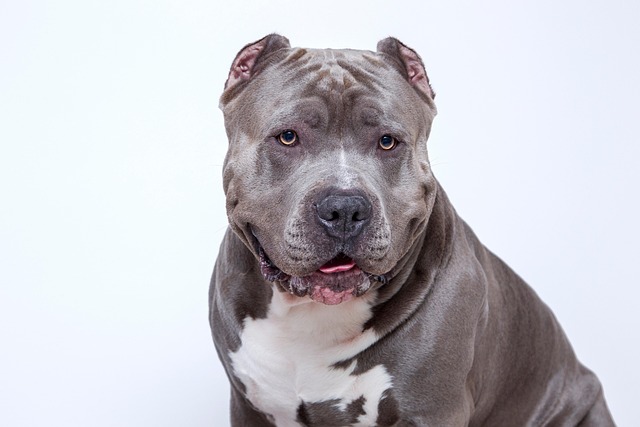
What is glaucoma in a dog?
You might notice your dog squinting more at mealtime or avoiding bright sunlight—these small changes could be early signs of a serious eye condition.
That tiny furball brings so much joy, but let’s tackle a crucial part of puppy care: deworming. Don’t let it stress you out—with the right steps, it’s a simple way to keep your pup healthy and happy from day one. Let’s break this down like we’re chatting with a fellow dog lover, no fancy jargon, just practical, heartwarming advice.
First, why does your puppy need this? Puppies can get worms from mom or their surroundings—roundworms, hookworms, tapeworms. These pests steal nutrients, making your pup sluggish or sick. Most vets start deworming at 2-3 weeks old with follow-ups until 16 weeks, so ask for their personalized schedule. It’s all about giving them a strong start!
Safety first: never use adult dog meds or human drugs. Always check with your vet for puppy-safe, approved treatments (like pyrantel or fenbendazole). They’ll match the medicine to your pup’s age, weight, and worm type. Even if you think “it’s just a small dose,” don’t risk it—vets are there to keep your baby safe.
Prep like a pro: Grab the vet-prescribed dewormer (liquid, chew, or tablet), their favorite treat, and a calm space. For liquids, use the syringe to squirt gently along the cheek—no forcing! Tablets? Hide in xylitol-free peanut butter (a must in the US/EU!) or soft cheese. Praise like they just won “Best Puppy” afterward—turn it into a positive ritual so they never dread it.
 Timing is everything. Puppies need doses every 2-4 weeks until 16 weeks. Set phone reminders or mark your calendar—consistency breaks the worm life cycle. Give on an empty stomach for better absorption, but always follow your vet’s exact instructions.
Timing is everything. Puppies need doses every 2-4 weeks until 16 weeks. Set phone reminders or mark your calendar—consistency breaks the worm life cycle. Give on an empty stomach for better absorption, but always follow your vet’s exact instructions.
After deworming, watch for 24 hours. Mild diarrhea/vomiting is normal, but call the vet if it’s bad or lasts. And please—clean up poop daily. Not just for hygiene—leaving it is often against local rules, plus it stops re-infestation. Biodegradable bags are your friend here, neighbors will thank you!
Weigh your pup regularly—dosage depends on weight, and they grow fast! Over-the-counter? Double-check labels for exact mg/kg, not just “under 10lbs.” When in doubt, a quick vet call is worth it.
Got a picky eater? Mix bitter-tasting meds with a tiny bit of puppy-safe wet food (no onions/garlic!). If they spit it out, stay calm—try again with a tastier treat. They’re just learning, and your patience makes future treatments easier. No yelling—positivity all the way!
Preventative care goes beyond deworming. Keep their space clean—wash bedding, disinfect floors, and stop them from eating random outdoor stuff (easier said than done!). Ask your vet about flea/tick and heartworm prevention, especially in high-risk areas. A holistic plan keeps all parasites at bay.
Lastly, don’t sweat the small stuff. Missed a dose? Felt nervous? Totally normal! Raising a puppy is a learning curve for everyone. Focus on the wins—like when they take the treat without fuss—and know you’re building a healthy future for your furry best friend.
Deworming at home is doable with vet guidance, gentle handling, and a little patience. It’s part of the love and responsibility that comes with puppy parenthood. So grab that dewormer, give your pup a snuggle, and enjoy the journey.

You might notice your dog squinting more at mealtime or avoiding bright sunlight—these small changes could be early signs of a serious eye condition.

Let’s set the scene: It’s a sweltering Phoenix afternoon—105°F outside—and you rushed your 2-year-old Lab mix, Cooper, on a quick walk to “get it over with.”

Let’s get real: You’re in your Miami apartment, watching your 3-year-old Corgi, Loki, struggle to climb the stairs to your second-floor unit.

Many dog owners brush off occasional scratching as just “dog behavior,” but persistent itching often signals something more—like a food allergy.

You might first notice your dog scratching more than usual—chewing at their paws until the fur looks thin, or rubbing their face against the couch nonstop.

Let’s be real: You’re standing in your Chicago apartment, watching your 3-year-old Beagle, Max, huff and puff just to climb onto the couch.